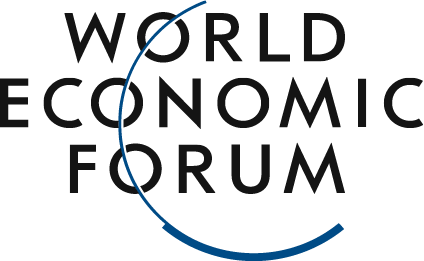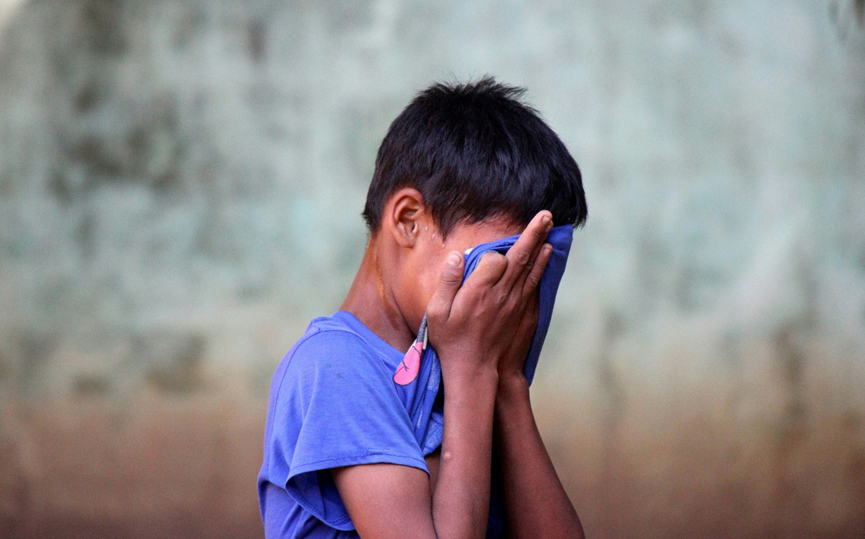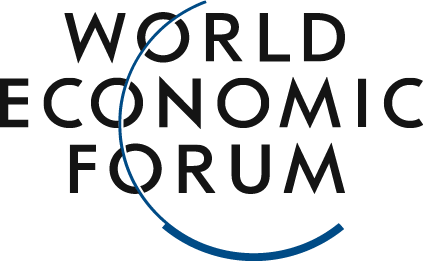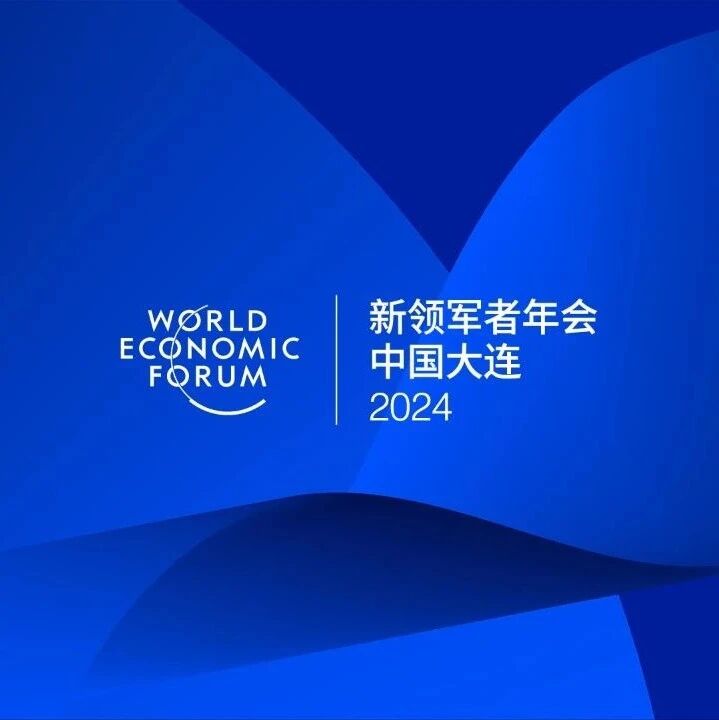

50%18
:Unsplash/Lucas Metz
Roberta Bosurgi
Impact Europe
Ruma Bhargawa
(Youth Alliance),
12,16%,,,, ,
2023,15246490,13.6%,,,,,:,
,2.44,,,
,50%18,,,,
,,:
:,
:,2024,852.42
:,,
:
:,4.73,
,,,,,,,
Youth Alliance: Complementary Capital in Action
Collaboration and collective action are essential for effectively addressing youth issues and ensuring that young people have access to the resources, opportunities, and support they need to thrive. This is precisely the mission and guiding principle of the Youth Alliance—a practical community jointly established by Impact Europe and the Schneider Electric Foundation. The Alliance brings together impact capital providers, including influential corporate actors, to empower young people through co-funding and joint investment projects, knowledge sharing, policy advocacy, and by actively involving youth in decision-making processes.
This approach not only mobilizes more resources but also fosters corporate partnerships that would otherwise have been difficult to achieve. For instance, Amazon and SAP have invested in the Meet and Code project, an initiative aimed at enhancing digital skills among young people in Europe. Last year, the initiative reached over 32,000 European youth, with 40% coming from marginalized communities.
Meanwhile, the World Economic Forum’s “Healthy Workforces” initiative is also highlighting youth mental health as a critical factor in shaping a resilient workforce for the future. The upcoming Brain Economy Action Forum will bring together global stakeholders to drive the development of actionable solutions. A new initiative focused specifically on the mental health of children and young people aims to enhance early intervention efforts and expand access to care. These initiatives collectively seek to integrate mental health considerations into labor policies and economic strategies.
Concrete action steps to support youth
Addressing the mental health crisis among youth requires urgent, coordinated action from all stakeholders:
Decision-makers:Invest in education, mental health, and youth employment infrastructure. Empower young people to actively participate in policy discussions, rather than merely being seen as beneficiaries of those policies.
In the foreword he wrote for the Youth Alliance’s white paper, "Better Together for Youth," Mario Nava, Director-General of Employment, Social Affairs, and Equal Opportunities at the European Commission, emphasized the importance of collaborating with decision-makers to empower young people: "Today, more than ever before, we need to forge partnerships that can deliver real, lasting impact. I encourage all stakeholders to join forces, embracing our shared mission to empower the next generation—and ensure that Europe’s youth not only benefit from policies, but also become active contributors to shaping the future of the EU."
Company:Offering mentorship, skills training, and career pathways, companies can lay the foundation for their future workforce by supporting young talent—while also safeguarding their health against today’s challenges. By involving youth in decision-making, businesses can better align their strategies with the priorities of the next generation, such as sustainability. Additionally, building partnerships presents a valuable opportunity for companies. The Youth Alliance case highlights the significance of investing in youth-focused initiatives and youth social entrepreneurs, as this collaborative model not only unlocks additional resources but also amplifies collective impact, enabling businesses to make a more meaningful difference in the lives of young people.
Capital provider:Invest in projects and enterprises that have a proven track record of positively impacting youth empowerment and well-being. Through co-investment, collaborative innovation, and strategically coordinated funding approaches, we’ll support youth initiatives that create meaningful synergies across every stage of the capital ecosystem. Importantly, we’ll ensure that young people’s voices are heard and integrated into our investment perspectives. Additionally, we’ll embed robust impact assessment and management systems into our decision-making processes—and foster knowledge-sharing to enhance understanding of both methodologies and outcomes.
Communities and individuals:Promoting youth mental health awareness and supporting related initiatives.
Youth well-being is not just a responsibility—it’s also a defining issue of our time. If we don’t act now, an entire generation could be overwhelmed by challenges like mental health struggles, economic uncertainty, and untapped potential. But with bold policies, inclusive workplaces, and empowering communities, we can reshape this reality. The future belongs to young people, and it’s our duty to equip them with the support and opportunities they need—ensuring they have the resilience to build a brighter tomorrow.

The above content solely represents the author's personal views.This article is translated from the World Economic Forum's Agenda blog; the Chinese version is for reference purposes only.Feel free to share this in your WeChat Moments; please leave a comment at the end of the article or on our official account if you’d like to republish.
Translated by: Sun Qian | Edited by: Wang Can
The World Economic Forum is an independent and neutral platform dedicated to bringing together diverse perspectives to discuss critical global, regional, and industry-specific issues.
Follow us on Weibo, WeChat Video Accounts, Douyin, and Xiaohongshu!
"World Economic Forum"


